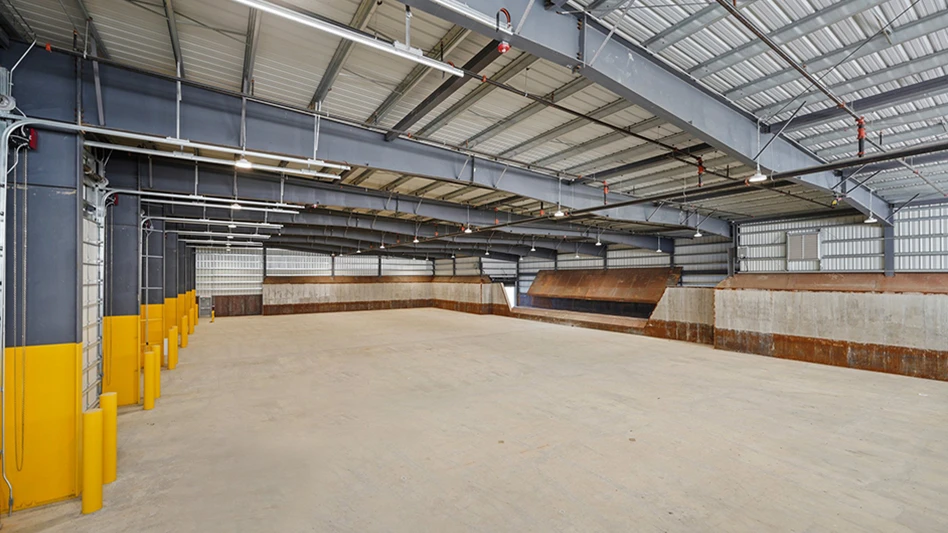
Waste associations seek relief from CERCLA liability for PFAS at landfills
The National Waste & Recycling Association (NWRA), Arlington, Virginia, has joined with the Solid Waste Association of North America (SWANA), Silver Spring, Maryland, in urging Congress to provide the municipal solid waste industry with a narrow exemption from certain provisions of the Comprehensive Environmental Response, Compensation and Liability Act (CERCLA).
The NWRA and SWANA have sent a letter to the leadership of the Senate Environment and Public Works, House Transportation and Infrastructure and House Energy and Commerce committees addressing issues with the law.
Both organizations say they are concerned that there would be significant unintended consequences if landfills were held liable under CERCLA for receiving per- and polyfluoroalkyl substances (PFAS). The associations state that the regulation under CERCLA would assign environmental cleanup liability to essential public services and their customers.
According to NWRA and SWANA, the result of the legislation could have three potential impacts. First, CERCLA regulation would compel landfills to restrict inbound wastes and/or increase disposal costs for media with elevated levels of PFAS, including filters, biosolids and impacted soils at Department of Defense facilities. The designation could result in communities diverting food waste from organics recycling programs because some food waste may contain PFAS due to the containers it had been stored in. This would hinder federal, state and local climate and waste reduction goals.
Additionally, the NWRA says cost increases would likely have a disproportionate impact on low-income households that rely on the affordability of services the solid waste sector provides.
The organizations propose a narrow exemption from liability if certain PFAS are designated as hazardous substances under CERCLA. Doing so would keep CERCLA liability on the industries that originally created the pollution. In the letter, NWRA and SWANA suggest legislative language that would grant the industry the narrow exemption it seeks.
WANT MORE?
Enter your email to receive our newsletters.

Explore the May June 2022 Issue
Check out more from this issue and find your next story to read.
Latest from Waste Today
- ReMA board to consider changes to residential dual-, single-stream MRF specifications
- Miller Environmental Group Inc. appoints CEO
- DPI acquires Concept Plastics Co.
- Laurel Mountain Capital announces investment in 5280 Waste Solutions
- Cielo investor requests annual meeting
- WIH Resource Group celebrates 20th anniversary
- NWRA: NIOSH cuts a step in the wrong direction
- Valicor Environmental services acquires Affordable Waste Management






